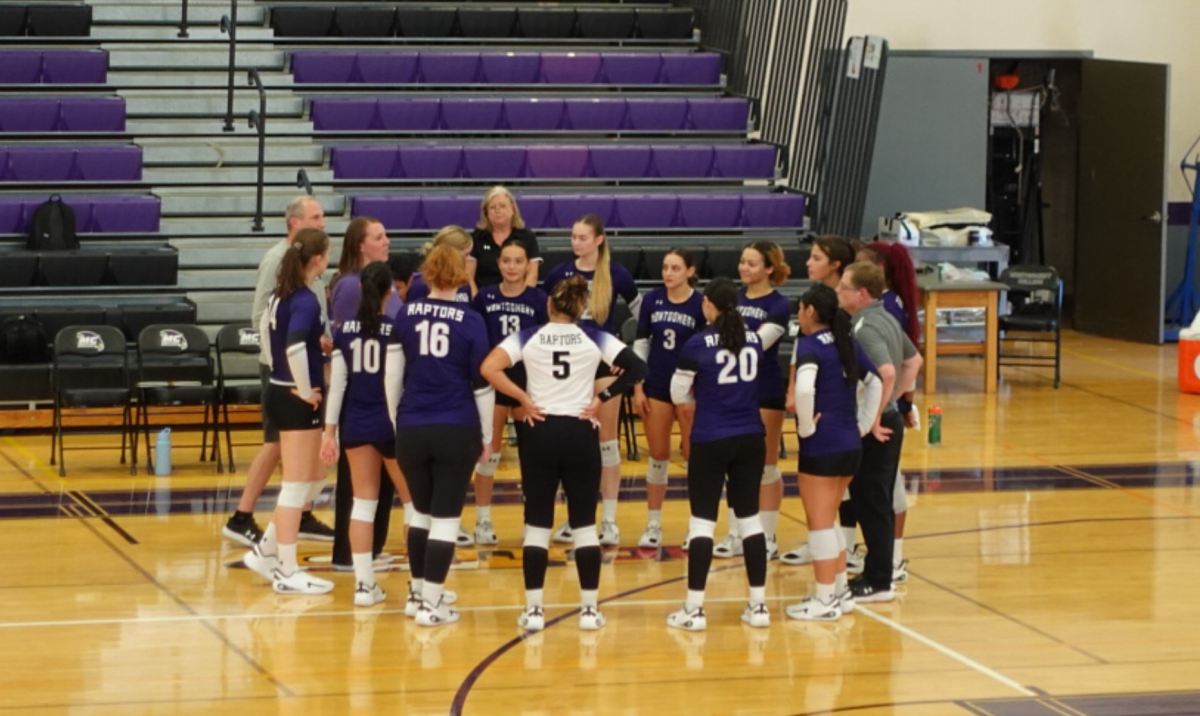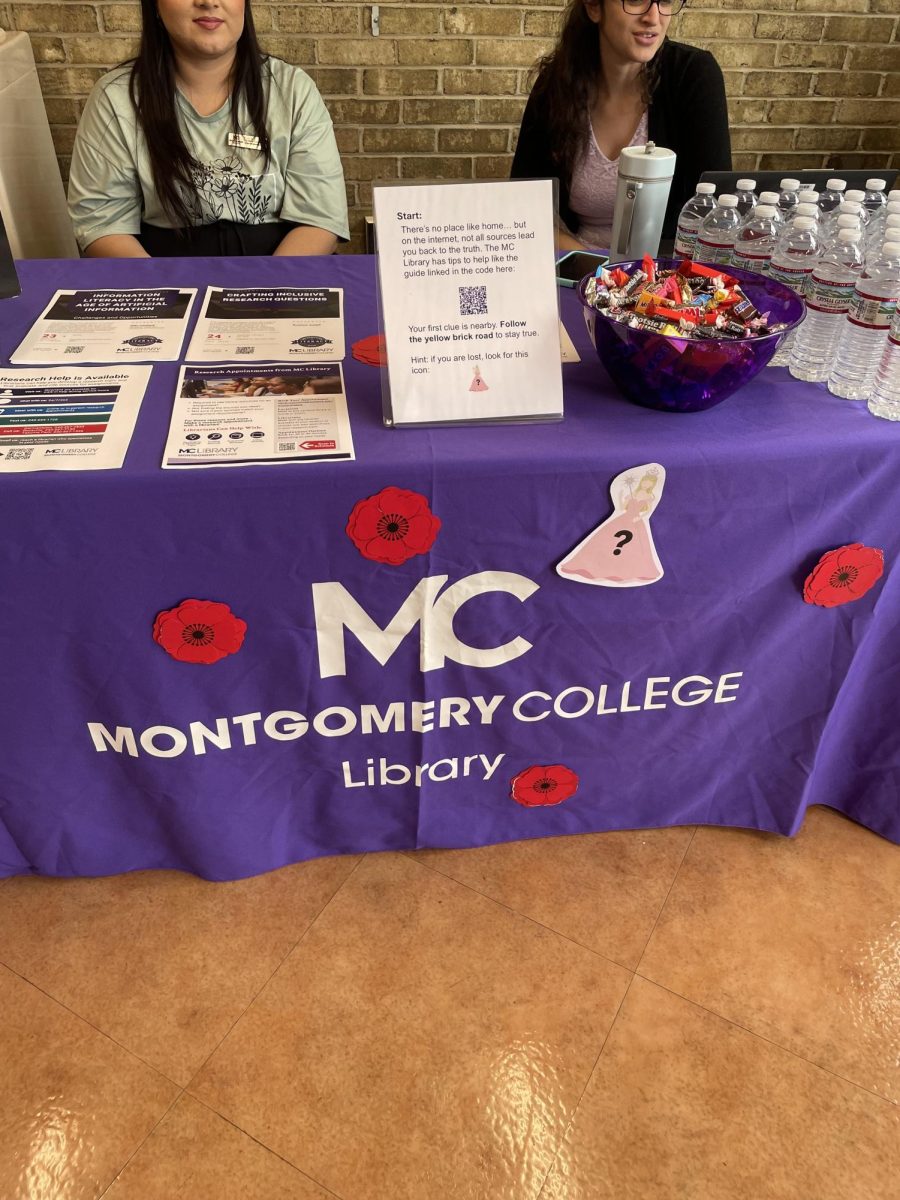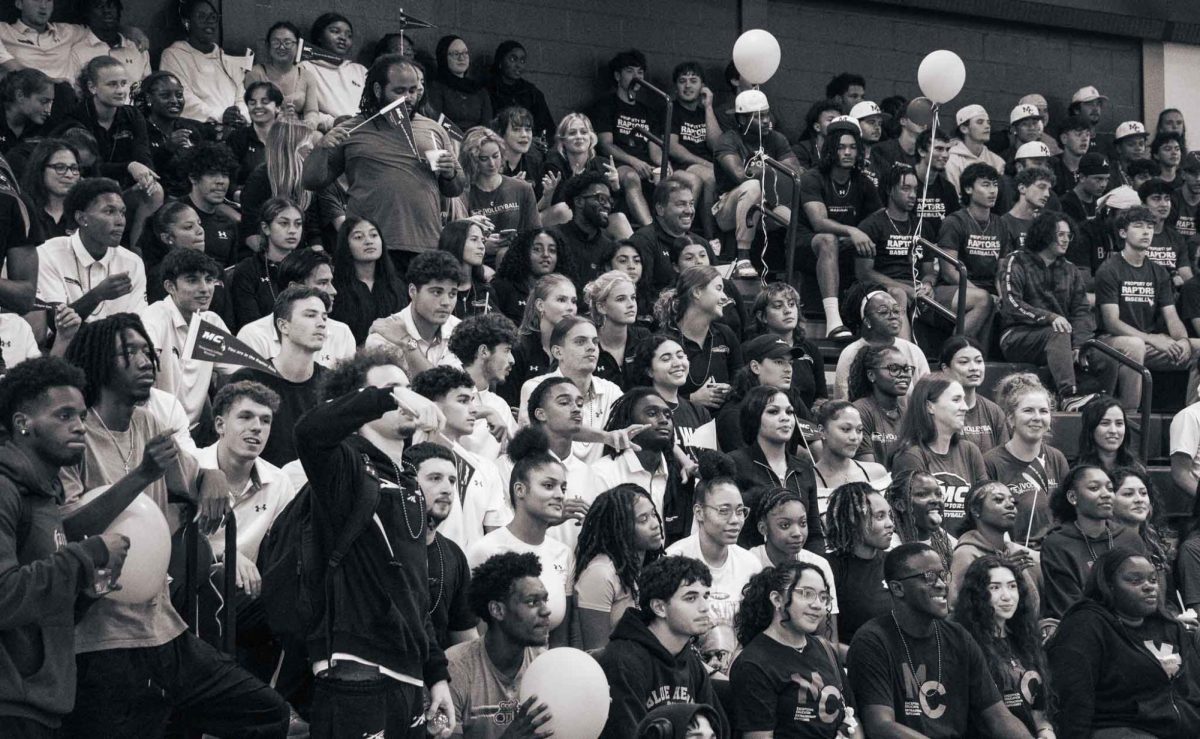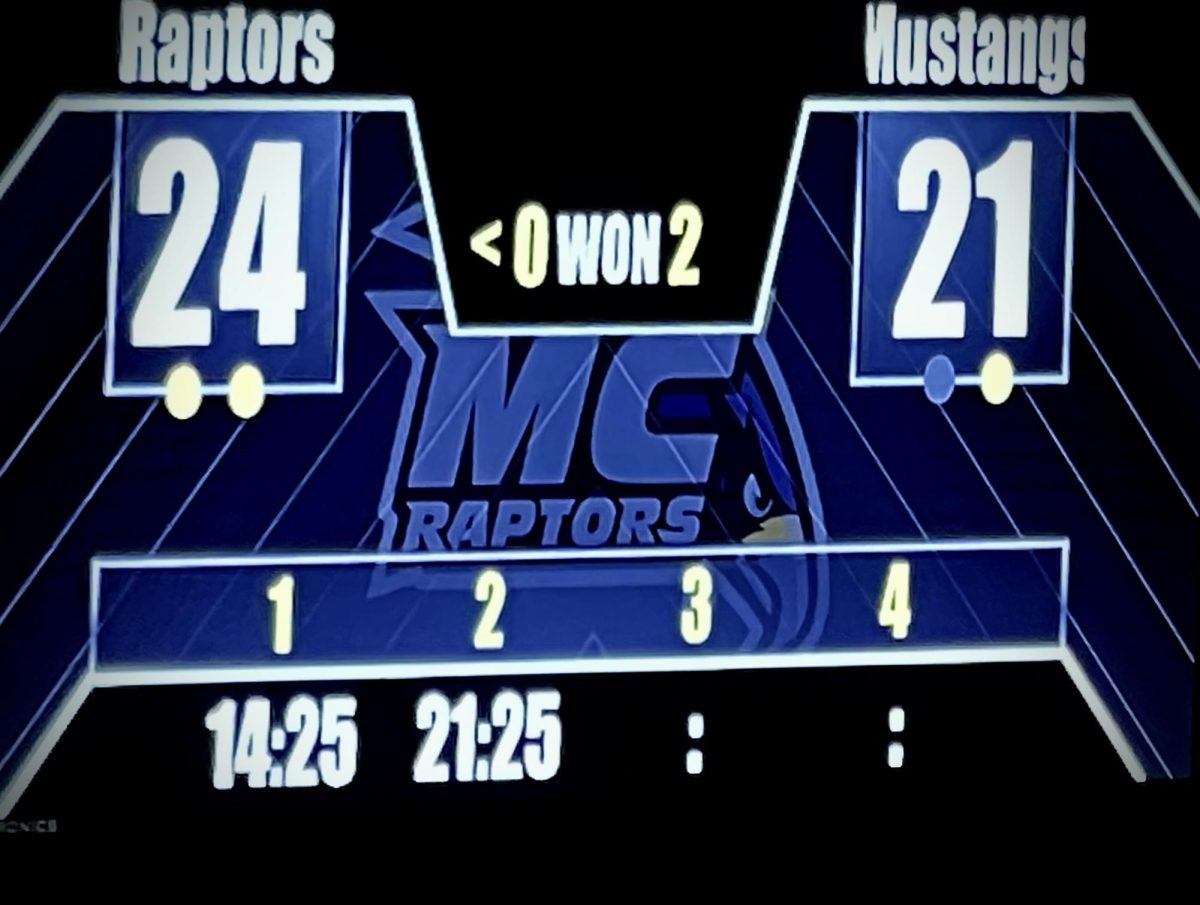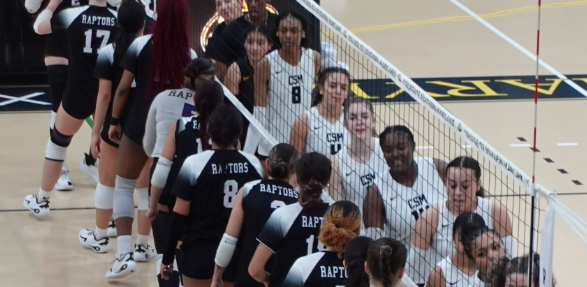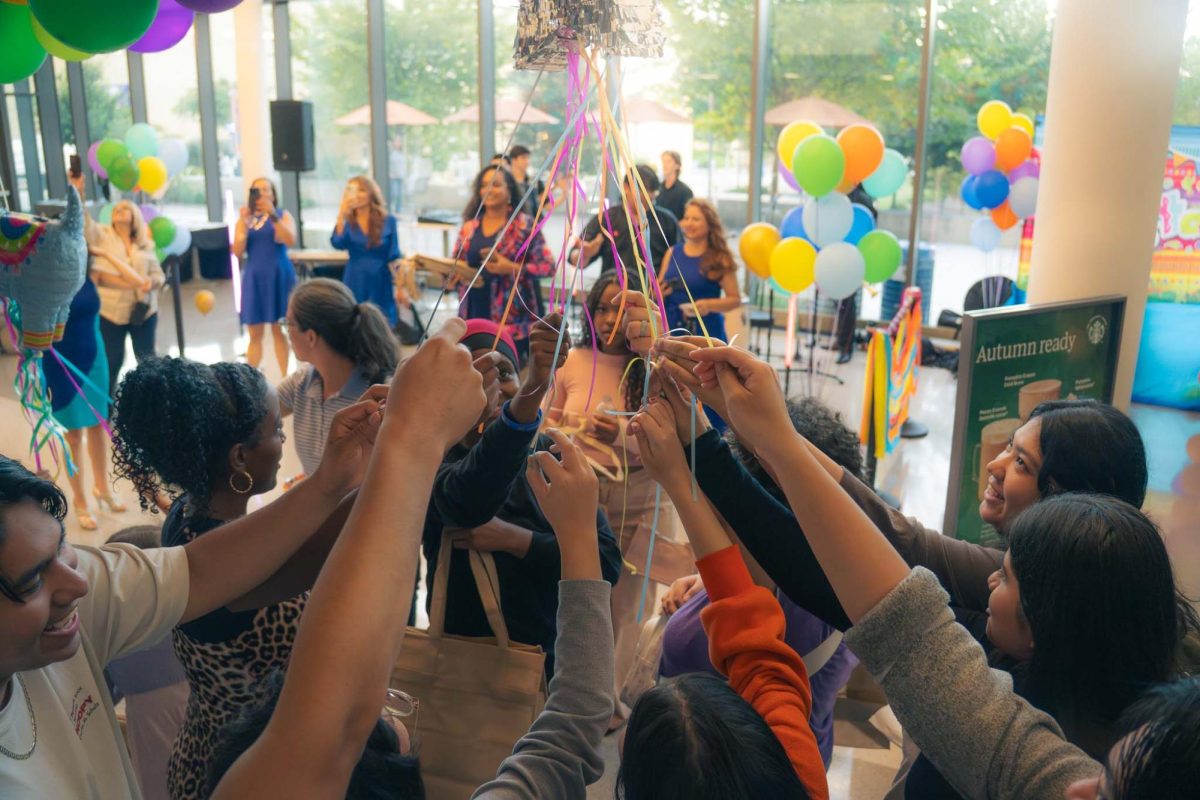Original: April 12, 2011 Issue 14
By: Jeffery Danovich
Staff Writer
Obama hopes to lead for another four years. Can he count on youth voters to support him?
On Monday April 4, 2011, President Barack Obama filed papers with the Federal Election Commission making official his bid for re-election in 2012. According to various exit polls, Candidate Obama fared well in the 2008 Presidential elections with voters aged 18-29, securing approximately 66 percent of what is known as the youth vote.
The youth vote, however, has historically been lackadaisical when it comes to voting. Currently, President Obama enjoys a lead of 53 percent to 34 percent among voters aged 18-29 (against a generic Republican opponent). The Obama campaign saw the ‘millennial generation’ turn out in record numbers in 2008. Will he see the same numbers turn out in the 2012?
“Voters tend to be more liberal when they are very young or very old. As you reach middle age, you tend to be more conservative because you have gotten what you want out of the system and it works for you. The youth and elderly tend to want the government to help them with things like education, benefits and health care,” said Greg Sember, a Montgomery College Political Science Professor.
Some of Obama’s achievements have benefitted students, such as The Health Care Reform Act’s provision that college students can stay on their parents’ insurance up to the age of 26. But some of his more recent proposals, such as cutting some education benefits, could hurt college students.
Briana Smith, a 20-year-old student at Montgomery College, said that Barack Obama inspired her to vote in 2008. She will support him again in the upcoming presidential election. Smith does have some reservations about some of the current administration’s actions.
“We should not have to play the role of the world’s police force. Libya is not really our concern. If our military is there to protect innocent civilians, why not intervene in Sierra Leone or the Ivory Coast?” she said.
Other students are looking at the upcoming election with less of a world focus and more of a local one. Izzy Davis feels that no matter who he votes for, not much will happen locally. “The only major thing I have seen government do is to build the new Science Center at the Rockville campus, and that was done through the state of Maryland.”
Jamani Jones may take a totally different approach when it comes to voting in 2012. “If someone like Sarah Palin or Donald Trump gets nominated, I may have to vote for Obama just to keep those (expletive) out of office.”
Bear in mind, however, that this is still very early in the election cycle. At this point in the 2008 election cycle, Hillary Rodham Clinton was the odds-on favorite to win the Democratic nomination, Rudy Gulliani was the favorite to get the Republican nomination, and nobody outside of Alaska had even heard of Sarah Palin.
A lot can happen between now and when the first vote is cast in the New Hampshire Primary next year. The key is to register to vote, if you haven’t already, and to become involved in the process.


